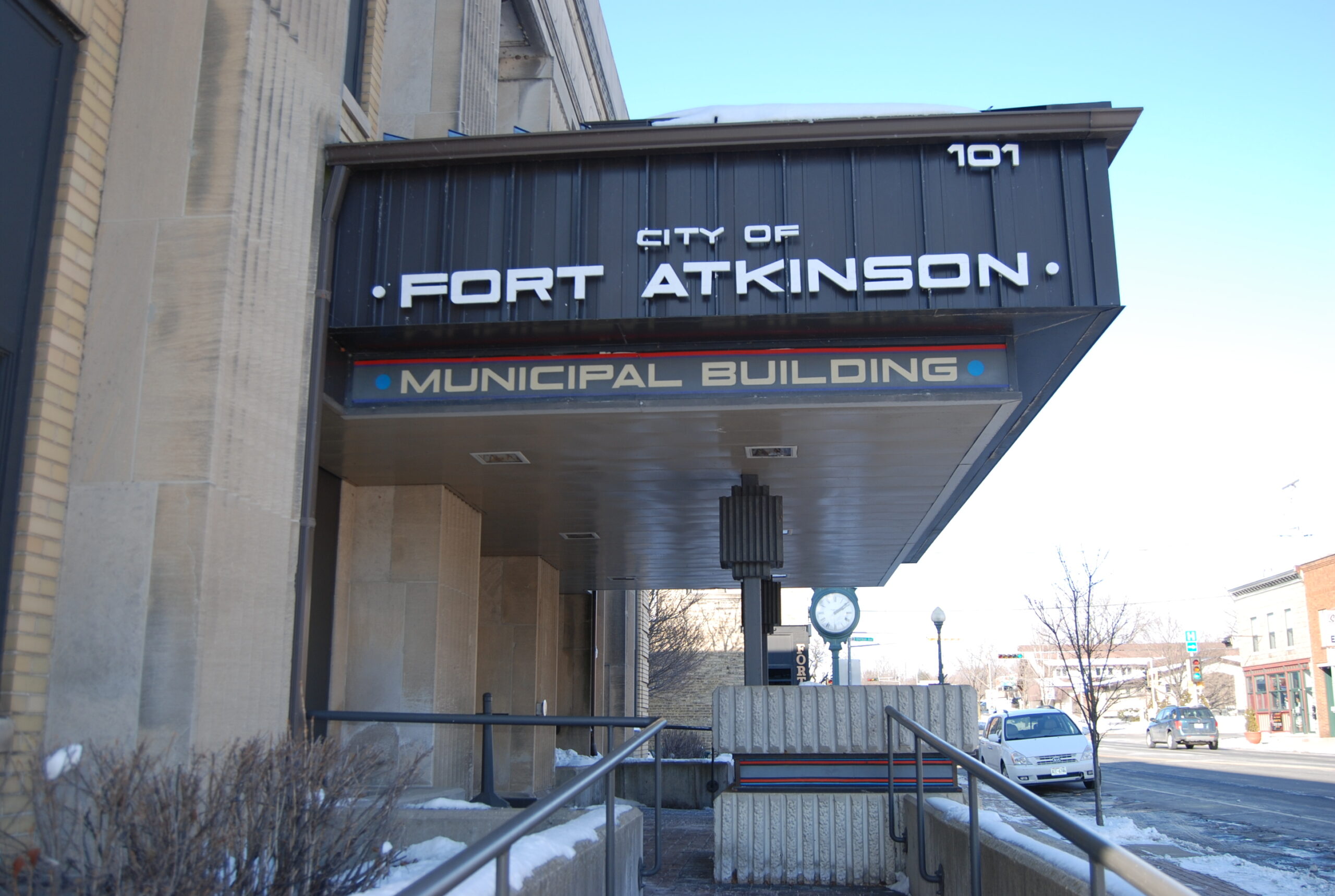By Kim McDarison
The Fort Atkinson City Council Tuesday, Feb. 16, received an update comparing real property and personal property tax collection rates between 2017 and 2020.
The report was accompanied by a request for authorization made by City Clerk/Treasurer/Finance Director Michelle Ebbert to refer unpaid bills for personal property taxes owed to the city to the city’s attorney for collection.
The request was approved by council.
In her update, Ebbert noted that in 2020, year to date, the city has collected just over $17.3 million or 82% of the just over $21.1 million in total real property taxes owed. Also in 2020, the city has collected $366,943 or 94% of the $389,011 in total personal property tax owed.
As a matter of comparison, her update showed, in 2019, the city collected nearly $16.4 million or 79% of total real property taxes owed, and $393,983 or 95% of total personal property taxes owned.
In 2018, the city collected just over $15.6 million or 79% of total real property taxes owed and $379,884 or 97% of total personal property taxes owed.
In 2017, the city collected just over $15.3 million or 80% of total real property taxes owed and $415,162 or 93% of total personal property taxes owed.
Ebbert noted that real property and personal property tax bills are mailed to property owners in December, and offer the option of paying real property taxes in one or two installments. Those opting to pay their bill in one installment can do so on or before Jan. 31, with those payment received by the city clerk’s office. Those using a two-installment option can make a second payment on or before July 31, with that payment received by the county treasurer.
Ebbert said those with outstanding personal property accounts received followup invoices mailed on Feb. 10. Delinquent balances, she noted, are subject to the accrual of 1% interest each month beginning in March.
“We have been very successful in collecting balances and offering payment plans if requested,” Ebbert wrote in her update.
What is the difference between real and personal property taxes?
According to the Wisconsin Department of Revenue, real property is defined as the land and improvements that are permanently attached, including buildings, fixtures and rights and privileges connected with the land. Personal property is defined as taxable property that is movable and not permanently attached, and includes all goods, wares, merchandise, chattels, and effects having marketable value that are not included as real property.
When are taxes delinquent?
According to the Wisconsin Department of Revenue, the following information applies when determining tax payments:
Real estate taxes:
- If you pay by installment, your first payment is due by January 31; the second installment is due July 31.
- If your first installment of real property taxes, personal property taxes on improvements on leased land, or special assessments allowing an installment option is not received by the proper official on or before five working days after the due date of January 31, the entire amount of the remaining unpaid taxes or special assessments is delinquent as of February 1.
- If your second (or any subsequent) installment payment of real property taxes, personal property taxes on improvements on leased land, or special assessments allowing an installment option is not received by the proper official on or before five working days after the due date, the entire amount of the remaining unpaid taxes or special assessments is delinquent as of the first day of the month after the payment is due and interest and penalties are due.
Personal property taxes:
All taxes on personal property, except those on improvements on leased land, shall be paid in full and received by the proper official on or before five working days after the due date of January 31.
Note: For real estate and personal property taxes – if January 31 is a Saturday or Sunday, the period of five working days ends on the close of business on the first Friday in February. If July 31 is a Saturday or Sunday, the period of five working days ends on the close of business on the first Friday in August.
This post has already been read 875 times!
